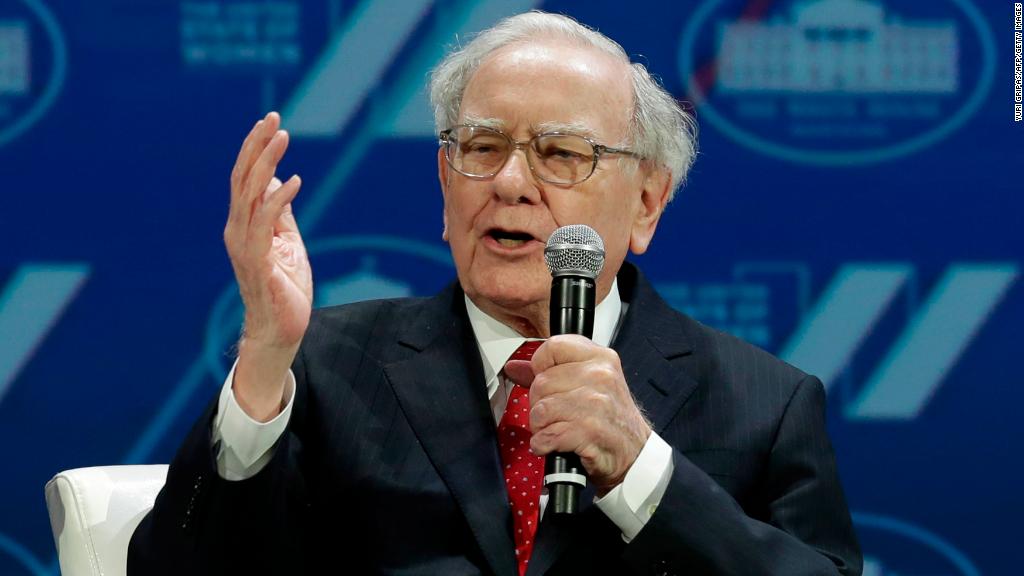
Wells Fargo's quest to clean up its act requires workers to shine a light on shady activity when they see it.
A top Wells Fargo (WFC) executive said on Tuesday that employees are increasingly using the bank's confidential hotline to report bad behavior.
"Our volumes increased on our ethics line. We're glad they did. People raised their hand," said Theresa LaPlaca, who leads a conduct office that Wells Fargo created last year.
"That is success for me," LaPlaca said at the ACFE Global Fraud Conference in Las Vegas.
Reassuring Wells Fargo workers to trust the bank's ethics hotline is no easy task. Nearly half a dozen workers told CNNMoney in 2016 that they were fired by Wells Fargo after calling the hotline to try to stop the bank's fake-account problem.
Last year, Wells Fargo was ordered to re-hire and pay $5.4 million to a whistleblower who was fired after calling the ethics hotline to report suspected fraud. Wells Fargo faces multiple lawsuits from employees who say they protested sales misconduct. The bank said in a filing that it also faces state law whistleblower actions filed with the Labor Department alleging retaliation.
LaPlaca, who leads Wells Fargo's Conduct Management Office, said she wants to hear confidential tips from employees to prevent problems from turning into full-blown crises.
"We want our team members to speak up," she said. "We want to know: What are you seeing? How are you feeling? How are you being treated? What is happening inside our company?"
Related: Wells Fargo is selling all its branches in 3 Midwestern states
One issue Wells Fargo employees have flagged: improper document altering. Multiple Wells Fargo workers alerted management that some employees broke with procedure by altering documents about business customers, CNNMoney reported last month.
Wells Fargo's series of scandals have tarnished the bank's reputation, dented its bottom line and drawn the ire of regulators.
The Federal Reserve, citing "widespread consumer abuses," hit Wells Fargo with unprecedented sanctions in February that prevent the bank from growing until regulators are satisfied the problems are fixed. Wells Fargo recently said it expects to remain in the Fed's penalty box until next year.
LaPlaca acknowledged the daunting challenges executives face when they must confront a crisis like the one at Wells Fargo.
"You have five minutes to put your head in your hand and say, 'Oh my God. How did this happen?'" she said, adding then you must figure out "how to fix it."
Wells Fargo recently launched a multi-million dollar television, radio and print advertising campaign aimed at repairing the trust it broke with customers. The ad blitz mentions that the bank has ended its notorious sales goals that led to the fake-accounts scandal.
Still, LaPlaca admitted that it will take time to repair Wells Fargo.
"It's going to take years for that culture to change," LaPlaca said. "We're starting to see it. We will be a better Wells Fargo for this."

